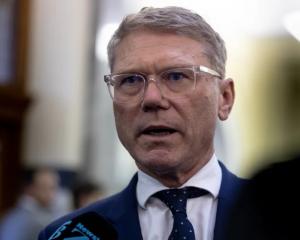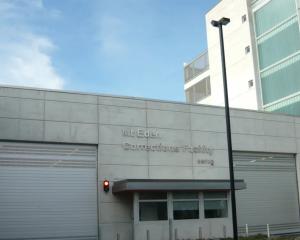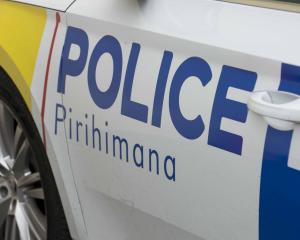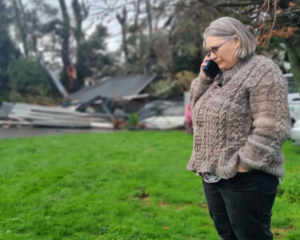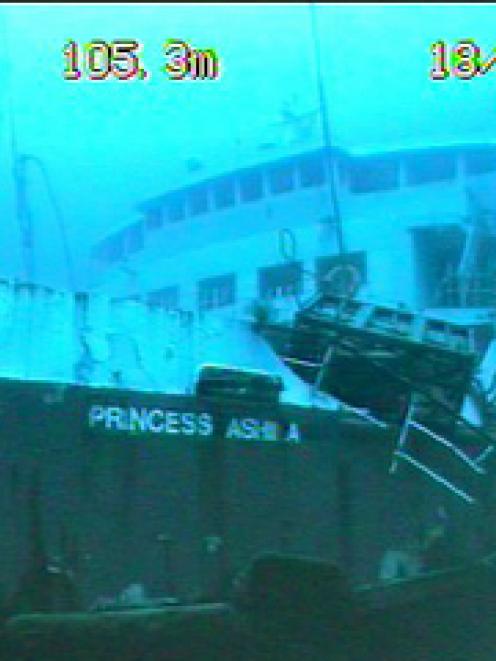
After viewing photographs and other evidence relevant to the vessel, he told the Tongan Royal Commission proving the sinking that the ship was of no value or a negative value due to its age, poor maintenance and extensive corrosion.
Mr Lewis, who has extensive experience in carrying out valuations for companies in New Zealand, Australia and the Pacific, was asked on December 9 last year to prepare a valuation of Ashika, and indicated that for it to have any real value it would have needed many hundreds of thousands of dollars spent on it.
Mr Lewis said the ferry had a negative value as far as the owners were concerned, and in his opinion the Ashika was unseaworthy, the Matangi Tonga newspaper reported.
He had never previously seen such documentation as two provisional certificates of survey issued by Tonga's Ministry of Transport, dated July 2 and 3 of 2009, and wondered what they were.
"Looking at the deficiencies list, looking at the photographs, I cannot see how any maritime authority could issue any survey certificate, provisional or otherwise," he said. "The vessel would be detained at the wharf pending repairs."
Shown a copy of the contract to purchase the ferry $FJ600,000 ($NZ419,156), he said it had no real value before the sinking, on a going-concern basis.
He also said the Ashika was not on the market for sale in the normal way, as it was never advertised as an item to be sold.
A New Zealand diesel engineer who inspected the main engine of the Princess Ashika in Fiji in April 2009, said he never signed an audit document for the Ashika and never knew one existed.
David Shaw, director of Shaw Diesels Ltd, said he only saw the document in September last year when a New Zealand transport investigator interviewed him in Auckland.
New Zealander John Jonesse, chief executive of the Shipping Corporation of Polynesia, had produced two documents titled Audit completed and signed by David Shaw of Shaw Diesels Services Ltd dated April 9, 2009.
But Mr Shaw told the inquiry that he never signed such a document. His company's name was in fact Shaw Diesels Ltd, and he told the counsel assisting the commission, Manuel Varitimos, he never authorised Mr Jonesse or any other person to sign any document.
Mr Shaw told the lawyer he accepted the proposition that someone had forged his signature on two copies of the "audit".
Mr Shaw said he was in Suva from April 6-8 doing a repair on an engine on another vessel when he was asked by Mr Jonesse to look at the engines and generator sets of the ferry.
He also sailed on the ferry with Mr Jonesse for about four hours on flat calm water.
The ferry was very badly maintained. There was rust everywhere, and the main engine was outdated and rusty.



